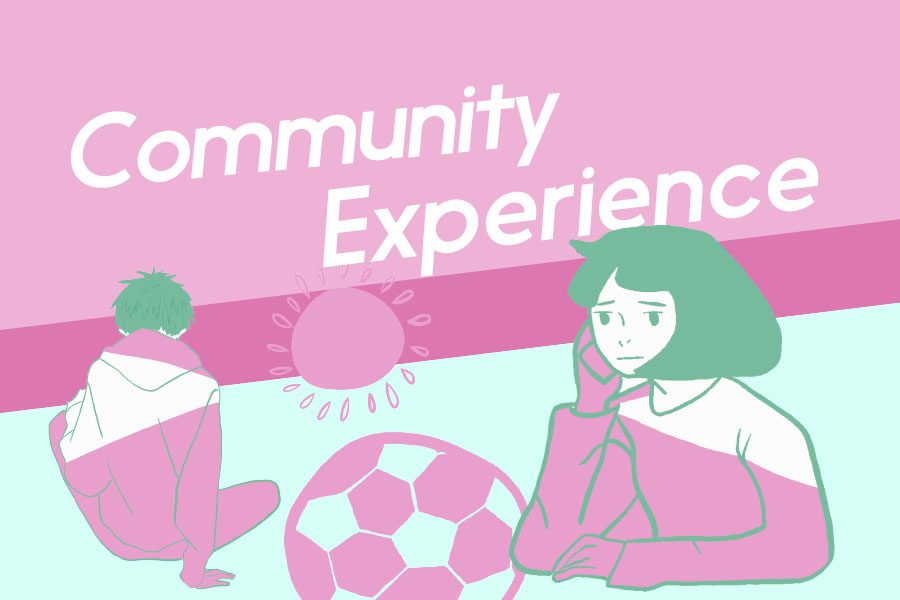Community experience: balancing school, COVID-19 and mental health
Read about members of the West High community and their experiences with balancing school, COVID-19 and mental health.
Chilly winters keep many Iowans cooped up at home, and the addition of a pandemic has left even fewer opportunities for social interaction. Physical isolation, coupled with the fear of infection and uncertainties surrounding school, have all impacted members of the West High community.
Ava Smithey ’23 is one of many students experiencing frustration from being away from their friends.
“It’s hard because when it was warm out, it was easy to do social distanced activities, but now that it’s cold, it feels like we are super isolated,” Smithey said.
Along with cold weather limiting social activities, a traditional school experience has also been taken from students. According to Mayo Clinic, socialization not only staves off the feelings of loneliness but increases one’s sense of happiness and well-being.
“Kids are social creatures, and they want to connect with each other,” said math teacher Karen Meyer.
Although physical interaction between students has decreased substantially, social interaction has become increasingly reliant on technology.
“In a weird way, students are primed with the technology to be connected. [Students] have been connecting via Facetime, texting and all of these available mediums,” Meyer said.
Connection through technology is beneficial, but it can also have negative effects on students’ mental health. A recent study conducted by the American Psychology Association researched adolescent mental health during COVID-19 and examined the relationship between social media use to anxiety and depression. Although social media use has been associated with greater well-being, excessive use can cause negative feelings due to social comparison.
In addition to the loss of interaction due to COVID-19, there are several new stressors for students.
Spring will come again—the days will grow longer and green grass will return. Teenagers have remarkable resilience.
— Karen Nelson, licensed local psychologist
“Families are struggling with job losses, financial insecurity, isolation and sometimes too much togetherness,” said Karen Nelson, a licensed local psychologist.
Oftentimes these can leave students feeling sad, alone and helpless. Depression, anxiety, substance abuse and domestic abuse rates are rising, and with students away from peers and school, access to mental health services can be even more challenging.
Smithey agrees COVID-19 and online school have affected her mental health.
“I feel zero motivation to do anything; even getting out of bed in the morning is hard,” she said.
The CDC analyzed mental health’s relationship with COVID-19 by comparing data from June 2019 to June 2020. The prevalence of symptoms of anxiety disorders were approximately three times those reported in 2019, and prevalence of depressive disorders were approximately four times greater than in 2019.
While COVID-19 has posed many challenges to students’ mental health, Meyer believes students can turn this time of sadness and isolation into a moment of self-care as a community.
“Let’s look at who we are, where we need help, and let’s get raw and honest,” Meyer said.
Nelson urges students to remember that winter can only last so long.
“This is a uniquely hard time; winter will be extra tough for students and adults who are isolated and may have vulnerabilities for depression and anxiety,” Dr.Nelson said. “Spring will come again—the days will grow longer and green grass will return. Teenagers have remarkable resilience.”

